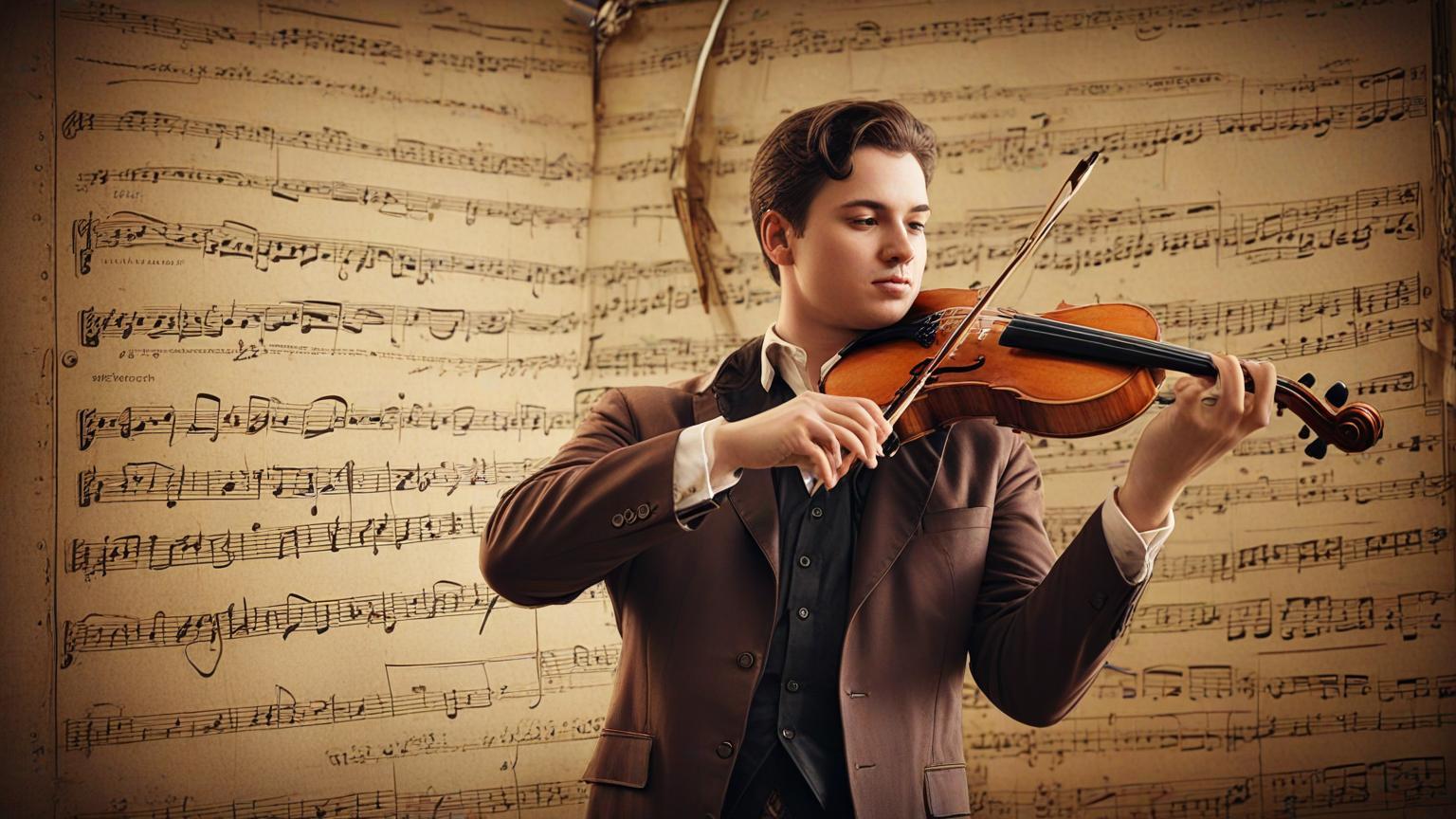In the grand tapestry of cinema, the composer often stands on the podium, illuminated by the spotlight, heralded for their evocative scores. Yet, the job of translating these compositions into the orchestral marvels that move audiences lies in the capable hands of the often-unsung orchestrator. Understanding the concoction of roles that bring cinematic music to life unravels the mystery behind the scores that define our favorite films.
While the composer is undoubtedly the architect, drawing the blueprints with melodies and harmonies, the orchestrator becomes the constructor, crafting each musical note into an auditory palace. The orchestrator adds texture, depth, and power to the musical sketches, choosing each instrument deliberately, determining where woodwinds sigh or brass blares. These individual choices weave together the rich tapestry that is the film's score.
Despite working diligently behind the scenes, the orchestrator rarely receives the accolades that the composer garners. In fact, many filmgoers remain oblivious to their existence, attributing the sonorous landscape purely to the composer. However, an informed audience would recognize that orchestrators like Shirley Walker, Conrad Pope, and William Ross have played vital roles in shaping some of the most iconic scores of our time.
One cannot discuss the magic behind film scores without mentioning the famous collaboration between Bernard Herrmann and Alfred Hitchcock. Herrmann, known for his ability to translate narrative tension into musical form, frequently collaborated closely with orchestrators. His combination of unique melodic patterns, coupled with the orchestrator's mastery, contributed to the sinister undertone that lurks in classics like 'Psycho' and 'Vertigo.'
In more contemporary settings, Hans Zimmer—a titan in film scoring—relies heavily on orchestrators to fulfill his ambitious visions. Scores for blockbusters like 'Inception' and 'Interstellar' owe much of their aural grandeur to the silent voices behind the scenes.
Orchestrators must be more than just proficient musicians; they require an aptitude for storytelling and the intuition to accentuate the film’s narrative arc through music. The transition between the page and the performance is not just about accuracy but capturing the unique aura of each movie scene.
As technology evolves, the role of the orchestrator has adapted yet remained resilient. With new tools and software becoming integral in the composer's toolkit, orchestrators often work across digital platforms, further blending orchestration with sound design. The skill lies in melding artificial soundscapes with the organic timbre of an orchestra, creating cohesiveness between the traditional and contemporary.
For young aspiring musicians hoping to enter the industry, learning the ropes of orchestration could be an invaluable pursuit. A successful orchestrator is often seen as a meticulous craftsman—a specialist in music theory and orchestral knowledge. Opportunities to showcase talent might first appear in shadowy positions, but perseverance and patience could eventually lead to recognition and collaboration on large-scale film projects.
To illuminate the work of orchestrators even further, potential viewers could benefit from online platforms that offer masterclasses and training resources. Understanding their techniques and methods can enhance one's appreciation of film scores, transforming passive listenership into informed engagement.
Moving forward, the film industry might see fresh recognition of orchestrators, especially as discussions about fair credit and creative contributions become more prevalent. Further acknowledgment could lead to a broader appreciation of the collaborative nature that defines the world of film music.
Though their contributions remain largely unseen, orchestrators will continue to be the silent architects, orchestrating the vivid pictures painted through sound. As cinema evolves, their role is essential in bridging the gap between the composer’s vision and the audience’s experience. Film enthusiasts who delve into this integral aspect might find a deeper, more profound appreciation of the layered complexities behind their beloved film scores.
The hidden heroes of film music: how orchestrators shape the sound of cinema

